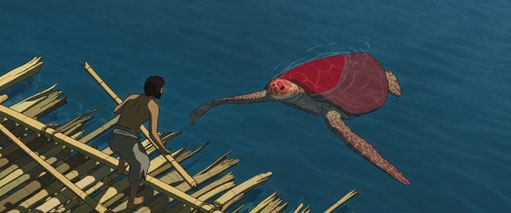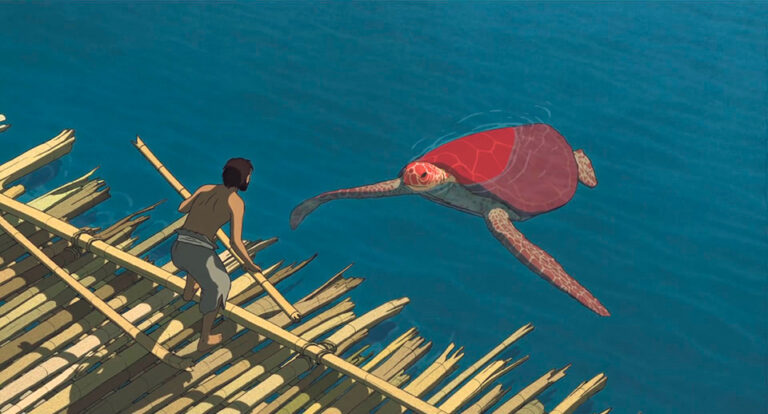Film Review: The Red Turtle
Silent Tale Of Survival Holds Surprising Depth


“...”
Latest Article|September 3, 2020|Free
::Making Grown Men Cry Since 1992


“...”